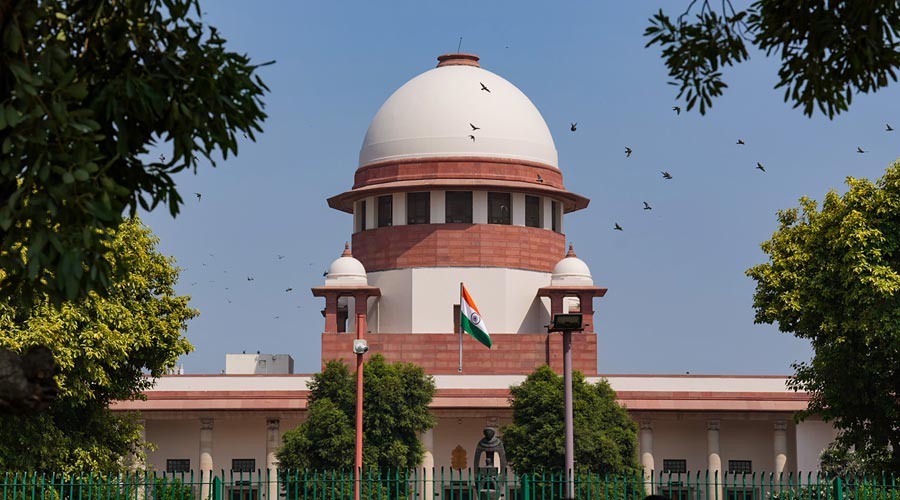India is home to 430 million children which approximately includes one in every five children below the age of 18 years, in the world. They face staggering challenges from the day they are born. Malnutrition, illiteracy, trafficking, forced labour, drug abuse, sexual abuse pornography etc. are not uncommon among the children in India. The problem of child sexual abuse is a global problem and present throughout the world. Child sexual abuse includes physical or psychological maltreatment of a child usually by a person who is in a position of trust and confidence in relation to the child. A study conducted by the UNICEF after the 2012 Delhi gang rape revealed that one in every three rape cases, the victim is a child and these incidences are increasing at an alarming rate.
Before May 2012, various sections of the IPC dealing with sexual offences were also applied to the cases of child sexual abuse resulting in serious miscarriage of justice as the provisions were not reasonably sufficient for their application to cases of child sexual abuse. They often failed to serve child victims, especially when such victim was a male. Also, the legislations do not specifically apply to noncontact abuses like using children for pornographic purposes, kissing and fondling. These shortcomings and the magnitude of abuse revealed by national surveys lead to the developments which took place in this area, in the last decade.
Therefore, to solve these problems parliament enacted a special legislation POCSO Act in May 2012. Under this law, all forms of child sexual abuses are specific offences with specific punishments for the perpetrators. POCSO, 2012 was implemented to make it easier for the victims of sexual abuse to get justice. The Act directs the use of more humane ways to deal with victims and prohibit victimization of the child at the hands of the judicial system. Because of which, the reporting of such cases has doubled due to increased awareness. It is very critical to say anything about what happens after a child has been sexually abused which holds significance not only for his/her well-being but also for the protection of other children, because if the perpetrator is never identified or if/ she allowed to move free, there are high chances of further abuse. Sometimes, the complaints of the children are simply rejected by the family members, Police and the medical experts. In most of the cases, the perpetrator is often a family member or a person entrusted with care and custody of the child. In such cases, the child would refrain from speaking up because of constant threat of the family members.
Though this act has various positive aspects, it poses a huge challenge to its stakeholders, especially medical professionals, for its proper implementation. The act has several ethical, legal and administrative drawbacks. This law has hoped that by putting a time frame, the time taken from reporting to conviction will be brought to acceptable levels. Though the law instructs speedy justice, it is not in practice yet. Speedier justice is an unmet need in India and mandating a one-year time limit for conclusion of the trial is a step in the right direction, but clearly there is some distance to go. At the administrative level, drawback is being focused on is the lack of awareness among the public and stakeholders.
The National and State commission for the protection of rights of the child is entrusted with generating awareness campaigns and all the stakeholders including the Police, doctors, parents, and teachers are to be trained on various provisions of the act which are still on paper only. The act has many legal lacunae which need to be refilled. The National Commission for Protection of Child Rights, in its recently released handbook on POCSO recognises the fact that any person, including a child, can be prosecuted as a sexual offender. At the same time, it also realises that developmentally appropriate consensual sexual activity among children need not be labelled as a sexual offence.























